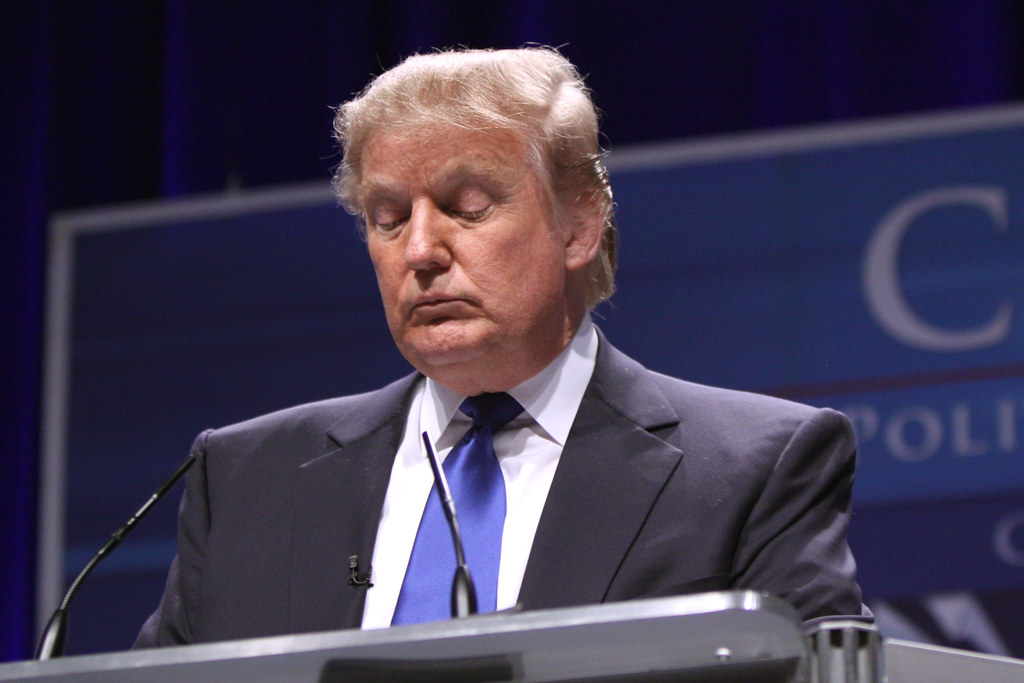Key Takeaways
- Trump has warned he will fire any prosecutor who won’t follow his plan
- Former federal prosecutor calls this move a “revenge presidency”
- The plan could turn the justice system into a political weapon
- Experts warn it risks US democracy and faith in fair trials
- Many say this threat rivals the crisis we saw during Watergate
In a recent essay, former prosecutor Joyce Vance warns that President Trump’s latest plan could become a full-blown revenge presidency. She points out that he wants to swap out U.S. attorneys who refuse to press charges against his political rivals. If his plan goes ahead, it could reshape how justice works in America.
Why Ex-Prosecutor Joyce Vance Calls It a Revenge Presidency
Joyce Vance served as a federal prosecutor for years. Now she says Trump’s goal is clear: use the justice system for revenge. She explains that Trump has targeted Letitia James, Adam Schiff, Jim Comey and others. Investigations have begun against them.
First, she notes that Trump’s team once promised not to create an enemy list. But now that list is out in the open. Second, she warns that Trump will pick a U.S. Attorney in Virginia who will follow his plan. Third, she says if that attorney refuses, Trump will replace her.
Moreover, Vance believes Trump is doing this to punish anyone he sees as an enemy. She writes that it feels wrong to fire an experienced prosecutor just to win a case. In her view, this is proof of a revenge presidency in action.
How Trump’s Revenge Presidency Could Shake the Justice System
If Trump fires prosecutors who resist his orders, trials may become unfair. In fact, replacing skilled lawyers with political appointees risks weak cases. A grand jury may refuse to indict. Judges might dismiss weak charges. Juries could see through a political stunt.
Furthermore, the idea of a revenge presidency means justice becomes a tool for power. Instead of fair trials, the system could serve political ends. Citizens may lose trust in courts if they feel trials reflect political bias. As a result, public faith in justice could crumble.
Additionally, prosecutors know they depend on the president’s approval to keep their jobs. This fear could make them bend to political pressure. They may shy away from honest investigations. In turn, serious crimes could go unpunished if they involve powerful people.
Yet, Vance argues that the justice system must stay independent. She believes a stable democracy needs judges and lawyers free to follow the law, not the president’s wishes. Without that, America edges closer to a banana republic.
The Threat to Democracy and Rule of Law
A revenge presidency puts democracy at risk. In a true democracy, the law applies equally to all leaders. However, a president who can replace any prosecutor for political gain breaks that rule. Soon, leaders could shield themselves from real legal checks.
In a banana republic, courts serve the ruler, not the people. Vance warns that Trump seems set on this path. She writes that a U.S. Attorney who stands for principle will be cast aside. Eventually, only compliant lawyers will remain.
Meanwhile, everyday citizens may feel powerless. They could believe that no leader can face real justice. This view would weaken the idea that everyone answers to the law. More so, it could discourage people from voting or speaking out.
Therefore, experts see Trump’s plan as a direct threat to American ideals. They worry it could pave the way for dictatorship, rather than keep checks and balances. If this revenge presidency succeeds, the core of democracy would suffer lasting harm.
Comparing This Moment to Watergate
Many compare this crisis to Watergate. Back then, Nixon tried to use the FBI and Justice Department for political power. Yet Congress and the courts stepped in. That fight saved America’s system of checks and balances.
Now, Vance says the stakes are just as high. A president openly willing to punish opponents through criminal charges marks a dangerous turn. In fact, she argues it could be worse because Trump shows no sign of stopping.
However, unlike Watergate, social media and constant news coverage expose these plans quickly. Public pressure might force Congress to act. Still, without firm safeguards, the justice system could slip toward political control.
What Might Happen Next
First, Congress could hold hearings to block unfair firings. Second, ethics watchdogs might file suits to stop political interference. Third, public backlash could discourage Trump from full enforcement.
On the other hand, if these checks fail, Trump could move ahead. A new U.S. Attorney might launch weak or flawed cases. In time, the courts could reject them, but not before serious damage to public trust.
Finally, voters will have a say. They can decide if a revenge presidency is acceptable. Yet by then, the system might already show deep cracks.
FAQs
What does “revenge presidency” mean?
It refers to a leader using government power to punish political opponents. In this case, it means firing or replacing prosecutors who refuse to bring charges against Trump’s enemies.
Why is this plan dangerous to justice?
Because it puts political goals above fair trials. Replacing skilled prosecutors with loyalists risks weak cases, biased trials, and a loss of public trust in courts.
Could Congress stop a revenge presidency?
Yes. Congress can hold hearings, pass laws to protect prosecutors, or fund ethics offices. Strong oversight could block unfair firings and preserve legal independence.
What made people compare this to Watergate?
Both involve presidents who tried to use the justice system for political gain. Watergate sparked major reforms. Today, experts warn we must act now to avoid repeating past mistakes.
